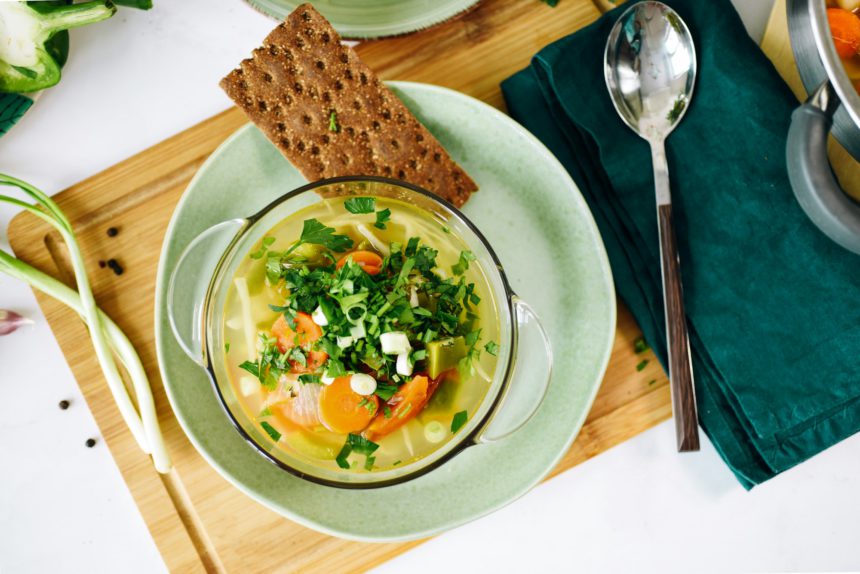A vegan diet can be a healthy and efficient option for athletes, ensuring them all the essential proteins and nutrients they need to maintain their performance level. However, it is important to know how to balance your diet to get the desired results.
One essential aspect in vegan nutrition for athletes is to ensure the need for protein. Even if animal proteins are considered to be the most complete and easy to absorb by the body, there are plenty of plant sources that can provide the same benefits. Legumes, such as watermelon, lentil and beans, are excellent sources of vegetable proteins. Also, whole grains, such as quinoa and ovaz, contain proteins and fibers, which are essential for a healthy digestion.
In addition, it is important to include in your diet a variety of vegetables and fruits, which will provide you with a wide range of essential nutrients, such as vitamins and minerals. For example, spanaAss, broccoli and kale are rich sources of iron, calcium and vitamin C. Also, seeds of in and nuts are excellent sources of omega-3 fatty acids, which are essential for heart and brain health.
Veganism in sport: How to maintain your optimal level of proteins and nutrients
Veganism in sport can be an excellent choice for athletes who want to maintain their optimal level of proteins and nutrients. However, it is important to be aware of your nutritional needs and to balance your diet accordingly.
To ensure proper protein intake, you can combine different vegetable sources of protein, such as legumes, whole grains and seeds. For example, you can eat a quinoa salad with naut and seeds of in or a smoothie with milk of almonds, bananas and vegetable protein.
In addition, it is important to ensure that you need vitamin B12, which is mainly present in products of animal origin. To coThis lack, you can take vitamin B12 supplements or you can eat fortified foods with this vitamin, such as whole cereals and vegetable milk.
It is also essential to be careful about the iron and calcium intake, as these minerals can be more difficult to absorb from plant sources. You can eat foods rich in iron, such as legumes, whole grains and green leaves, along with foods rich in vitamin C, such as citrus and capsunes, to help absorb this mineral. To ensure proper calcium intake, you can consume calcium fortified products such as vegetable milk or tofu.
A vegan diet can be beneficial for athletes, ensuring them the essential proteins and nutrients they need to maintain their performance level. By combining the different plant sources of proteins and nutrients correctly, as well as by adding vitamins and minerals necessary,Vegan athletes can achieve maximum results in terms of their sport performance.
Elevate your betting skills with proven sports betting strategy—stay ahead of the odds!
